The Benefits of Using a Standing Desk Converter

Physiological Benefits
1. Reduced Risk of Chronic Diseases:** Prolonged sitting is often dubbed as the new smoking due to its association with a host of chronic diseases. A standing desk converter encourages more movement, potentially reducing the risk of heart disease, diabetes, and obesity. A study published in the European Heart Journal found that standing for an additional two hours per day, as opposed to sitting, was linked to a 2.2% decrease in heart disease risk.
2. Alleviation of Back Pain: Back pain, especially lower back pain, is a common complaint among office workers. Transitioning to a standing position can alleviate this discomfort. The CDC conducted a study that revealed a 54% reduction in upper back and neck pain after using a sit-stand desk for four weeks.
3. Improved Posture and Core Strength: Standing desk converters promote a more natural alignment of the spine, enhancing posture. They also engage your core muscles more than sitting, leading to improved core strength over time.
Mental and Cognitive Benefits
1. Enhanced Focus and Productivity: A change in posture can stimulate mental alertness and concentration. Standing encourages an active body and mind, which can lead to increased productivity. A study from Texas A&M University observed significant improvements in the productivity of call center employees when using standing desks.
2. Boosted Mood and Energy Levels: Standing more can positively impact your mood and energy. This is partly due to increased blood circulation and oxygen flow to the brain. An improvement in mood and energy can contribute to better work engagement and job satisfaction.
3. Reduced Risk of Mental Health Issues: Sedentary behavior has been linked to an increased risk of depression and anxiety. Incorporating standing into your daily routine can be a simple yet effective way to combat these risks.
Workplace and Environmental Benefits
1. Adaptability and Space Efficiency: Standing desk converters are adaptable to almost any existing workspace, making them a practical solution for office ergonomics. Their space-saving design is ideal for smaller work areas or home offices.
2. Environmental Sustainability: Some standing desk converters are made from sustainable materials, offering an eco-friendly alternative to completely replacing your desk. This can be a small yet significant step towards a more environmentally responsible office setup.
Conclusion
The standing desk converter is more than just an office trend; it's a tool that bridges the gap between health and productivity. By providing the flexibility to alternate between sitting and standing, these converters offer a multitude of physiological, mental, and workplace benefits. Adopting this simple change in your work environment can lead to profound improvements in your overall well-being and work performance. Whether it's reducing the risk of chronic diseases, boosting cognitive function, or simply making your workspace more adaptable, the standing desk converter is a worthy investment in your health and productivity.
For further reading on the benefits of standing desk converters, consider these scientific studies:
- [European Heart Journal study on the health benefits of standing](https://academic.oup.com/eurheartj/article/37/5/425/2466091)
- [Texas A&M University study on productivity](https://journals.sagepub.com/doi/10.1177/0018720817702532)
- Alex Thorne

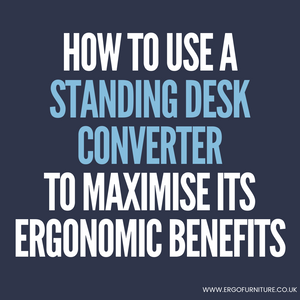

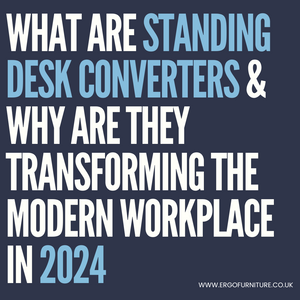

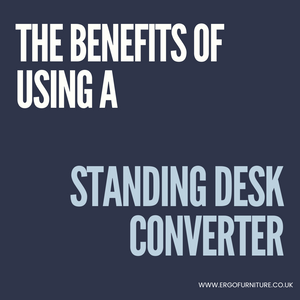
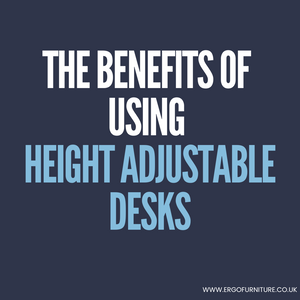
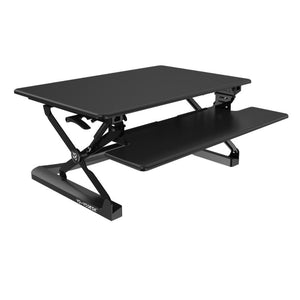
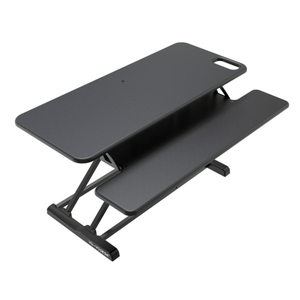
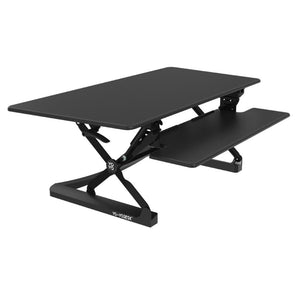
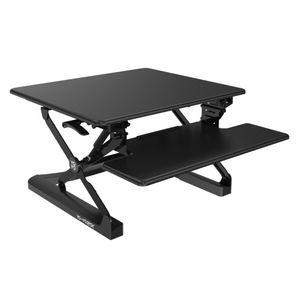
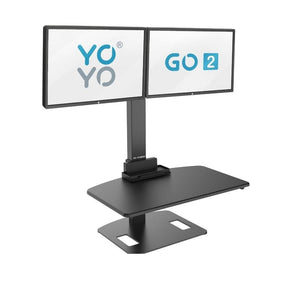
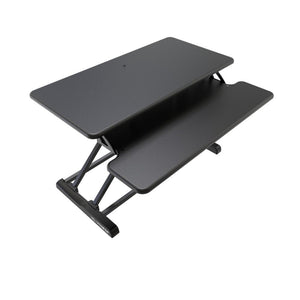
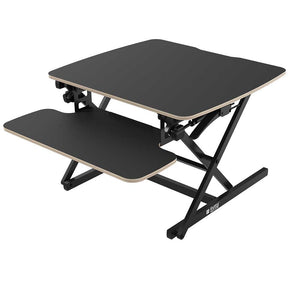
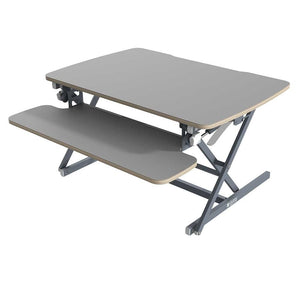
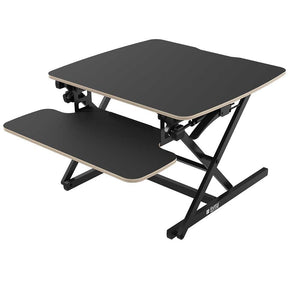
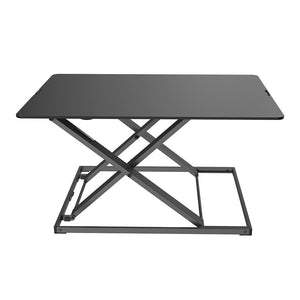

Comments 0